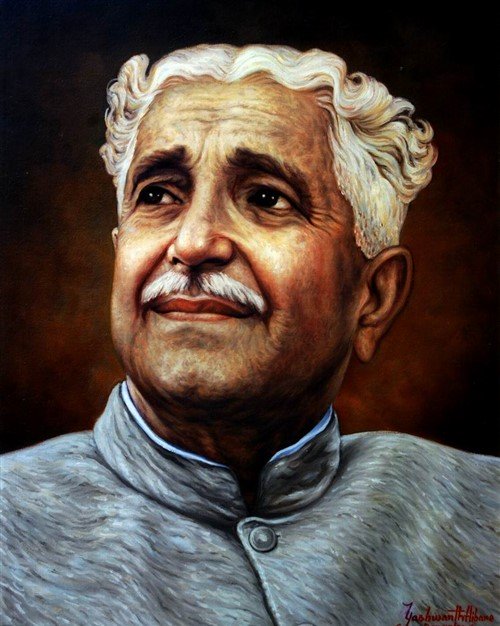PTSD
Post-traumatic stress disorder (PTSD) is a mental health condition that can occur after a person has experienced or witnessed a traumatic event, such as a natural disaster, a serious accident, a terrorist attack, or a personal assault, such as sexual assault or abuse.
Symptoms of PTSD can include:
- Intrusive thoughts or memories of the traumatic event
- Flashbacks, in which the person feels like they are reliving the event
- Avoidance of people, places, or activities that remind the person of the event
- Negative changes in thoughts and feelings, such as difficulty trusting others, feeling hopeless or detached, or losing interest in activities
- Changes in physical and emotional reactions, such as being easily startled, feeling on edge, or having difficulty sleeping
PTSD can have a range of effects on a person's physical, emotional, and social well-being. These effects may include:
-
Physical symptoms: People with PTSD may experience physical symptoms such as sleep disturbances, fatigue, changes in appetite, and difficulty concentrating. They may also experience increased heart rate and blood pressure, and may be more prone to developing other physical health problems.
-
Emotional symptoms: People with PTSD may have intense feelings of sadness, fear, and anger, and may feel anxious or on edge. They may also have difficulty regulating their emotions and may experience emotional numbness.
-
Social symptoms: PTSD can affect a person's relationships and their ability to function in their daily life. They may avoid social situations or activities that remind them of the traumatic event, and may have difficulty trusting others or forming new relationships.
-
Impacts on work and school: PTSD can also affect a person's ability to work or attend school. They may have difficulty concentrating, completing tasks, or interacting with coworkers or classmates.
There are several effective treatments for PTSD that can help people overcome their symptoms and improve their quality of life. These treatments may include:
-
Psychotherapy: Psychotherapy, also known as talk therapy, can be effective in treating PTSD. One type of therapy that has been found to be particularly helpful for PTSD is cognitive-behavioral therapy (CBT), which helps people identify and change negative thought patterns and behaviors.
-
Medications: Antidepressant medications can be effective in reducing the symptoms of PTSD, including reducing feelings of anxiety and depression.
-
Other treatments: Other treatments that may be helpful for PTSD include eye movement desensitization and reprocessing (EMDR) and prolonged exposure therapy.
It is important to work with a mental health professional to determine the best treatment approach for you. It is also important to be patient, as it may take some time to find the right treatment and see improvement. It is also important to remember that seeking treatment is a sign of strength and courage, and it is a step towards a better and healthier life.









